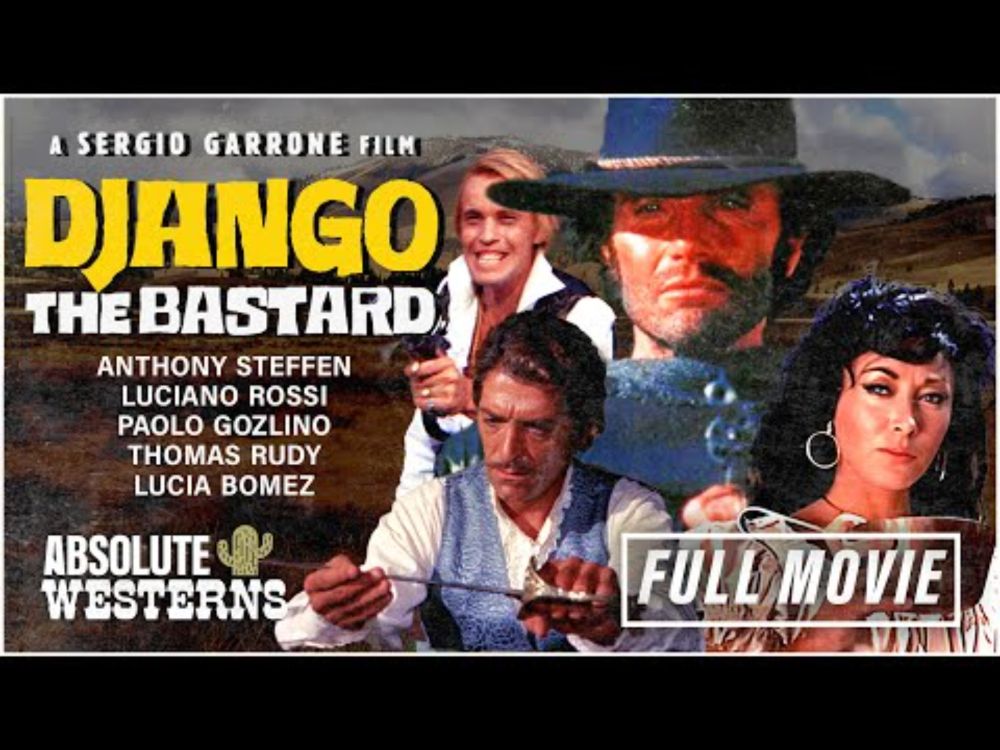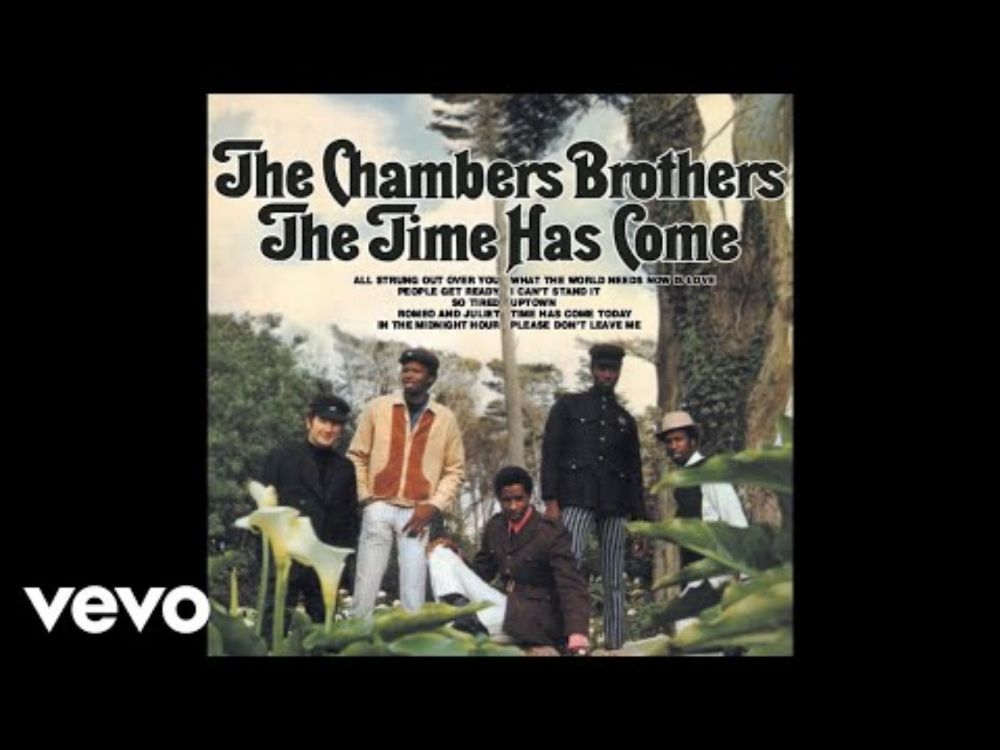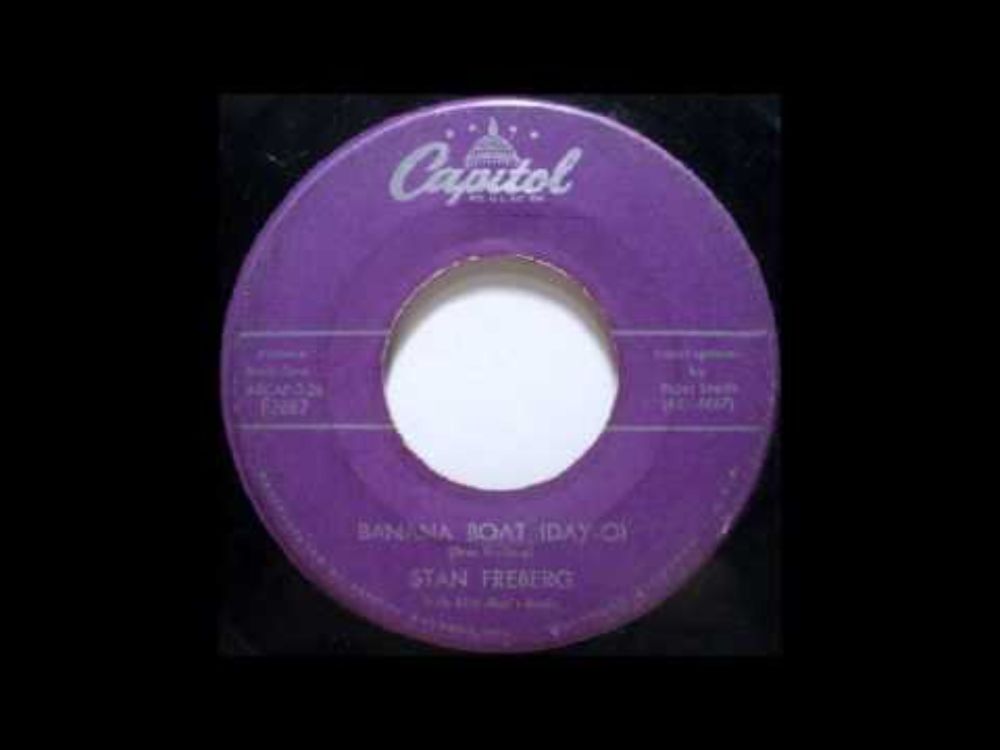Bach: Brandenburg Concerto No. 6 | Claudio Abbado & the Orchestra Mozart
The Orchestra Mozart performs Johann Sebastian Bach’s Brandenburg Concerto No. 6 in B-flat major, BWV 1051, at the Teatro Municipale Valli in Reggio Emilia, Italy (2007). What makes Johann Sebastian Bach’s 6th Brandenburg Concerto special is its darker, almost mysterious sound. This comes from the special instrumentation, which does entirely without high strings and wind instruments. Instead, violas, viols, cellos, double bass and harpsichord alone fill this sixth of the Brandenburg Concertos. 00:00 I. Allegro 06:00 II. Adagio ma non tanto 10:47 III. Allegro In keeping with the reduced size of the Orchestra Mozart, Concerto No. 6 is performed without a conductor. Claudio Abbado conducted the other five Brandenburg Concertos on this concert evening, but he steps aside for the sixth, leaving the stage of the stylish Teatro Municipale Valli entirely to the seven musicians – and his outstanding chamber orchestra elegantly brings the well-known Baroque concerto to life. The Brandenburg Concertos (BWV 1046–1051) by Johann Sebastian Bach (1685 – 1750) are a collection of six instrumental works that Bach dedicated to Christian Ludwig, Margrave of Brandenburg, in 1721. They are regarded as some of the best orchestral compositions of the Baroque era. The concerts were, however, likely composed between 1718 and 1721, for Bach’s Köthener Hofkappelle. Bach’s original title, Six Concerts with Various Instruments, describes exactly what is special about these concerts; the varied use of several instruments – with different strings, wind instruments, or solo harpsichord for the concertini. Watch the other 5 Brandenburg Concertos with Abbado and the Orchestra Mozart: https://youtu.be/NWEHKTyaVc0 https://youtu.be/VC24gV1o7XQ https://youtu.be/Czsd13Mmcg0 https://youtu.be/tp_WeHUKoXM https://youtu.be/gIgqeA76cdU The Orchestra Mozart was founded in 2004 to afford talented young musicians the opportunity to play in a world-class orchestra, with world-class conductors. Claudio Abbado (1933-2014) is considered one of the greatest conductors of all time. In 2011, Classic Voice music magazine named Abbado the most important of the top 100 living conductors. He was born into a family of musicians in Milan, Italy, on June 26, 1933. Following his study of conducting, piano, and composition at the Giuseppe Verdi Conservatory in Milan, he continued his education at the Vienna Music Academy. In 1968, Abbado became head conductor of the Milan Scala. In the subsequent years, he could be seen on the world’s great concert stages, in Milan, London, and Chicago. Following his 1984 debut at the Vienna State Opera, he became the city’s general music director. In October of 1989, the members of the Berlin Philharmonic elected him artistic director, succeeding Herbert von Karajan. He remained in Berlin until 2002. Abbado died in Bologna on January 20, 2014, aged 80, following a long battle with cancer. Orchestra Mozart: Danusha Waskiewicz – Viola Simone Jandl – Viola Rainer Zipperling – Viola da gamba Sabina Colonna Preti – Viola da gamba Enrico Bronzi – Cello Alois Posch – Violone Ottavio Dantone – Harpsichord © EuroArts Music International Watch more concerts in your personal concert hall: https://www.youtube.com/playlist?list=PL_SdnzPd3eBV5A14dyRWy1KSkwcG8LEey and in our Bach playlist: https://www.youtube.com/playlist?list=PL_SdnzPd3eBUIGIm71zRFbYPJMQ-ETiMT Subscribe to DW Classical Music: https://www.youtube.com/dwclassicalmusic #JohannSebastianBach #BrandenburgConcertos #OrchestraMozart
Top Bluesky Posts
youtu.be/_tr_uYEQkrs?... @hyapatialee.bsky.social @grammylovesyou.bsky.social @unauthorizedbeast.bsky.social
You may also like











